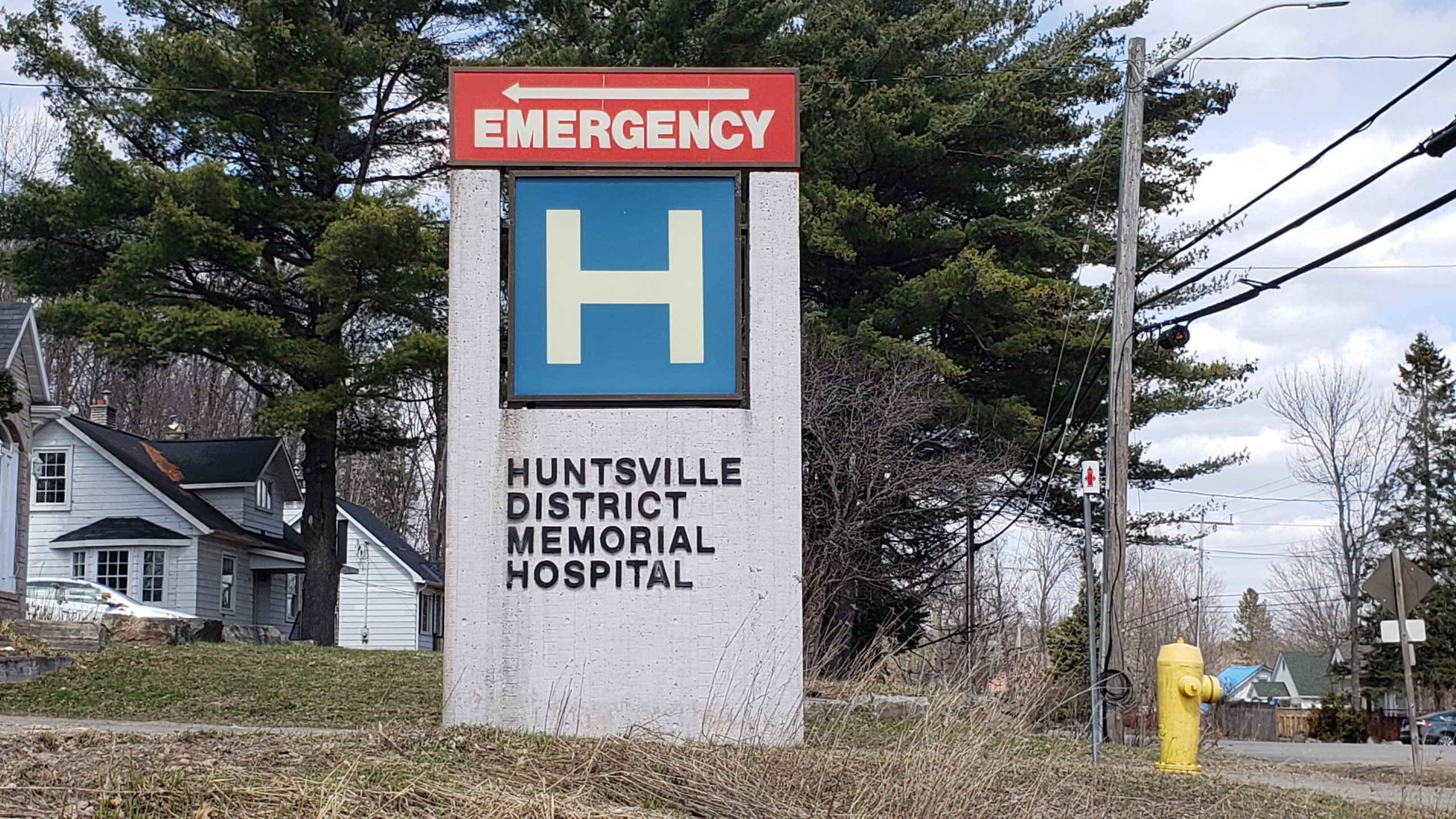Muskoka Algonquin Healthcare’s (MAHC) Medical Advisory Committee (MAC) has endorsed the organization’s “Made-in-Muskoka healthcare system” proposal.
There are 14 members of the committee, including Dr. Allison Small, president of the Credentialed Staff Association (CSA) and Dr. Joseph Gleeson, vice president of the CSA.
In a May 16 statement attributed to MAC, it says they’re calling “on the medical community and local politicians to support this vital project, which represents a significant investment from the province in healthcare development for the region.”
“We, the members of the MAC, fully support the updated plan for our regional healthcare system as presented by the project,” the statement reads. “This plan, improved through valuable community feedback, serves as a strong foundation for enhancing healthcare across Muskoka and surrounding areas. It aims to effectively expand our system and ensure each community sees improvements.”
Officials with MAHC have clarified Small and Gleeson’s endorsement doesn’t represent broader approval from the CSA or other medical professionals. They tell the MyMuskokaNow.com newsroom the CSA has over 200 members and, according to MAHC’s website, “is not a physician’s union and cannot support individual grievances however is the voice of the professional staff to the hospital on important matters.”
The endorsement from MAC comes days after Mayor of Bracebridge Rick Maloney called on MAHC to work towards forming a plan that is “endorsed by the doctors and key stakeholders in both north and south Muskoka.”
“This redevelopment will support health care in Muskoka for generations,” he said in a statement on May 11. “We have an opportunity to bring close to $1 billion in health care investment to Muskoka, and it is vital that we take the time to develop a plan that supports everyone in our municipality. I will continue to advocate for a plan that is best for Bracebridge and all of south Muskoka.”
Dr. Khaled Abdel-Razek, chief of staff for MAHC, is also part of MAC.
He says its endorsement is important, pointing out it includes the committee leadership from the South Muskoka Memorial Hospital in Bracebridge and Huntsville District Memorial Hospital. However, he admits he knows there are some physicians, some of them from south Muskoka, who aren’t “100 percent convinced” by what’s currently proposed. Abdel-Razek says while they may not yet “see the full advantages of the model,” the hospital will continue to discuss the issue with them in hopes of gaining their support.
“I believe this is motivated to being tied to the status quo of what we currently have as opposed to the newly designed system that we have for the future,” suggests Abdel-Razek.
He says one of the “shortfalls” some are concerned about “are not truly material and will not be part of our future state,” pointing to patient transfer as one example.
“Our model is based on scientific data, on reliable data, and it’s designed in a manner that more than 95 percent of patients presenting to one site or the other will receive their entire care, including their entire hospital admission, within that hospital site,” explains Abdel-Razek.
He says the plan put forward by MAHC allows for the sites in Bracebridge and Huntsville to be interdependent “These are two sides of a heart,” continues Abdel-Razek. “One cannot function without the other.”
Last month, MAHC amended their proposal to increase the number of beds proposed for the future hospital in Bracebridge from 18 to 36. Abdel-Razek says that will “cover most of the need for admitted patients at that site.” He explains patients who may need to stay in hospital longer, like if they need stroke-related care, will be admitted at the hospital in Huntsville, which is why 121 beds have been allocated to its future site.
“This is a once in a lifetime opportunity for the region to truly build a new healthcare system that is accessible to all communities for quality care and it would be very unfortunate if we will that opportunity because of unforeseen delays,” says Abdel-Razek.





